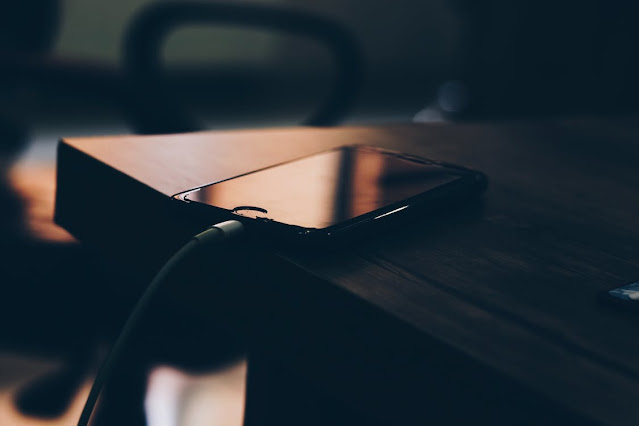The original concern was related to lithium-ion batteries, which are commonly used in smartphones and other portable devices. These batteries can, over time, experience capacity loss and reduced overall battery life if they are consistently kept at 100% charge or allowed to fully discharge frequently.
Here are some reasons why people were advised to avoid charging their phones overnight:
Overcharging: In the past, lithium-ion batteries were more susceptible to overcharging, which could potentially lead to increased heat generation and stress on the battery. Modern devices typically have mechanisms to prevent overcharging by stopping the charging process when the battery reaches its full capacity.
Heat generation: Charging a device generates some heat, and if the device is covered or placed on a flammable surface while charging, there might be a slight risk of fire. However, the risk of fire is minimal with properly functioning and certified devices.
Battery degradation: Frequent charging to 100% and discharging to 0% can contribute to battery wear and reduced overall battery life over time.
To extend the battery life and optimize its performance, you can follow these best practices:
Avoid extreme temperatures: High and low temperatures can affect battery performance, so try to charge your phone in a moderate temperature environment.
Partial charging: Lithium-ion batteries prefer partial discharge and charge cycles rather than going from 0% to 100% frequently. Charging your phone when it's around 20-30% and unplugging it when it reaches 80-90% can be beneficial for the battery's longevity.
Use official chargers: Stick to the charger provided by the manufacturer or certified third-party chargers that match the specifications of your device.
Enable battery-saving modes: Many smartphones have battery-saving modes that can optimize performance and reduce power consumption.
Unplug when fully charged: If you prefer not to charge overnight, make a habit of unplugging your phone once it reaches 100% charge.
However, it's essential to remember that newer smartphone models may have advanced battery management systems, including optimization features and adaptive charging, which can reduce the impact of overnight charging on battery health. Always refer to your device manufacturer's recommendations for the best charging practices specific to your phone model.
Source: Some or all of the content was generated using an AI language model


No comments:
Post a Comment